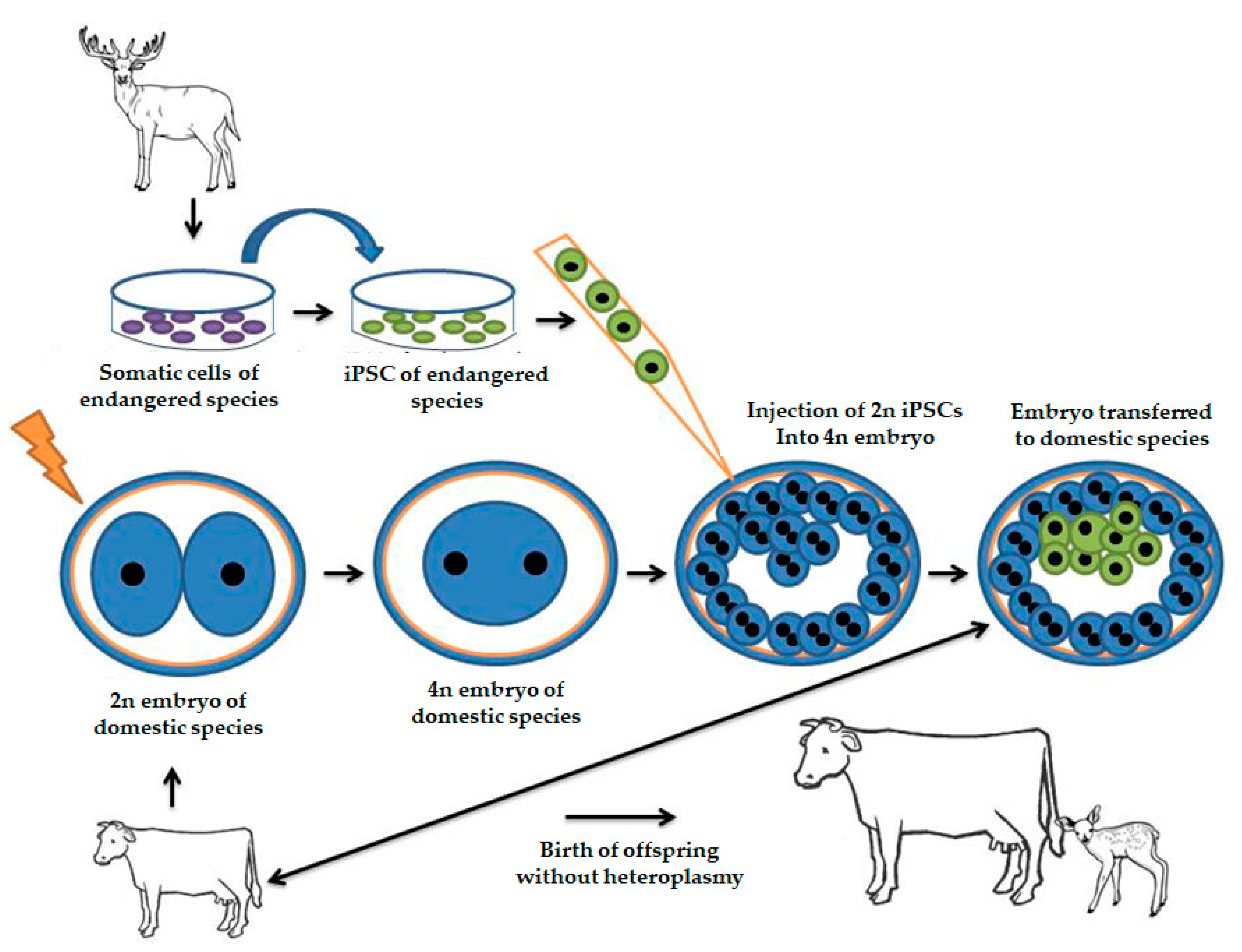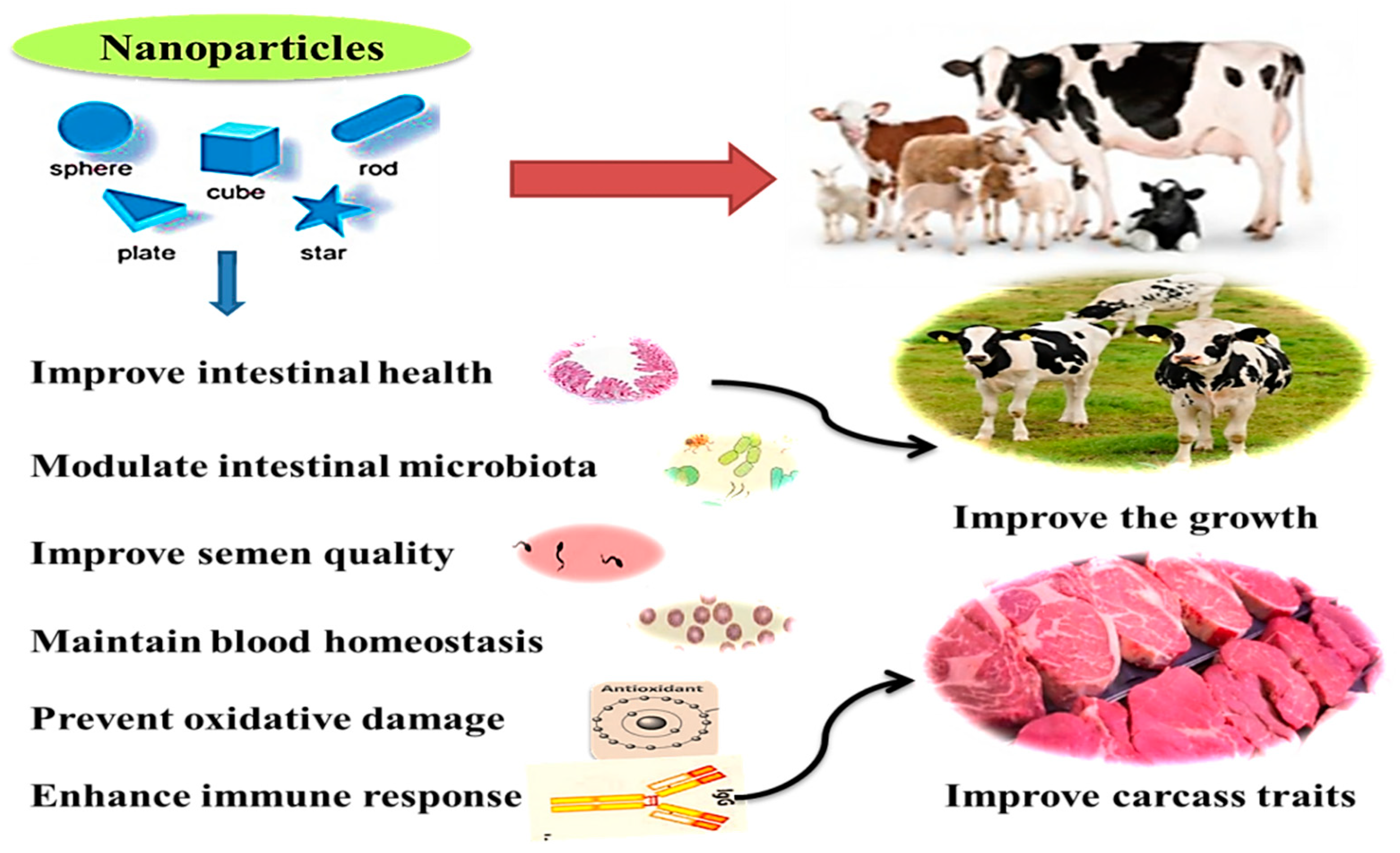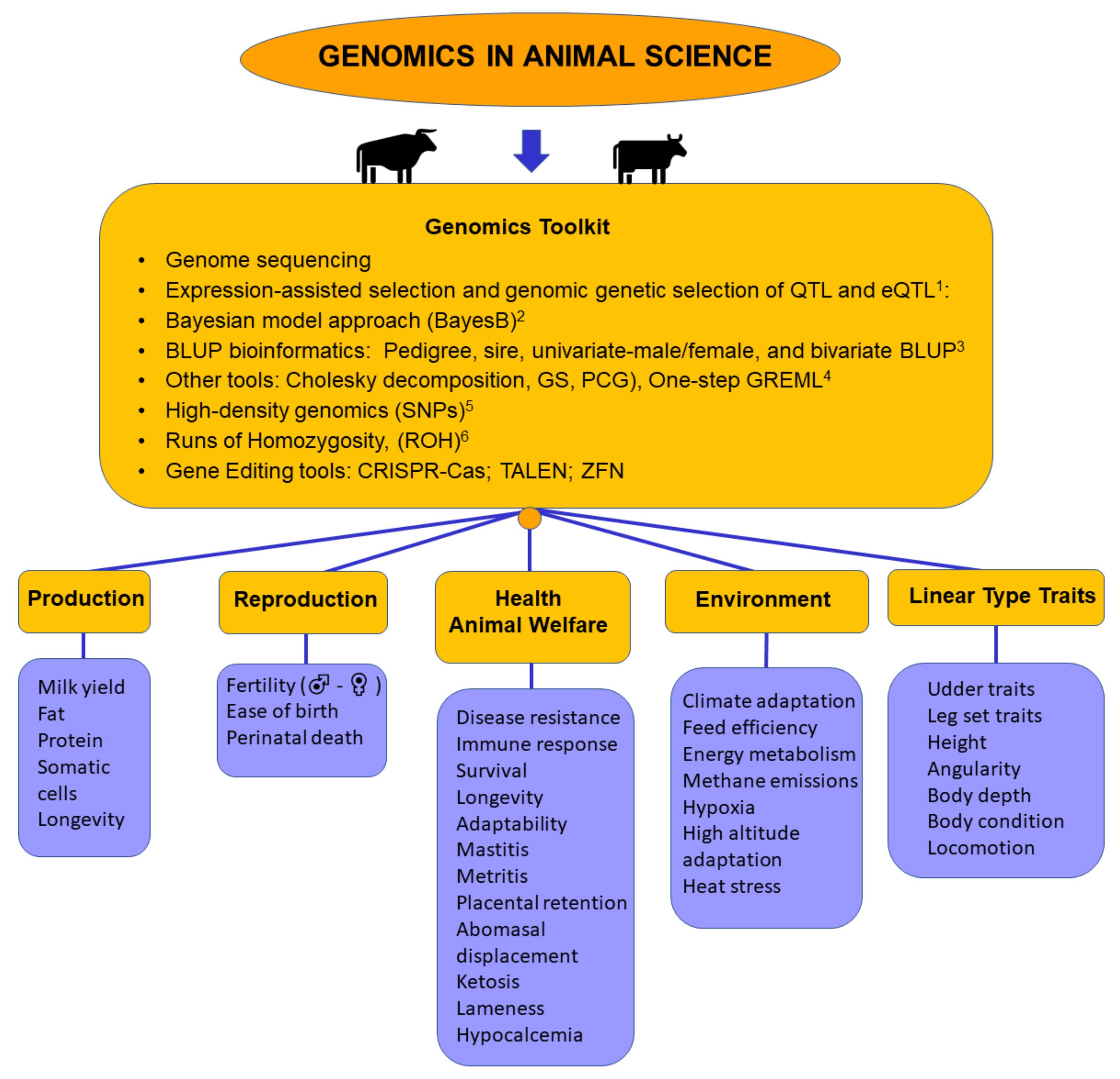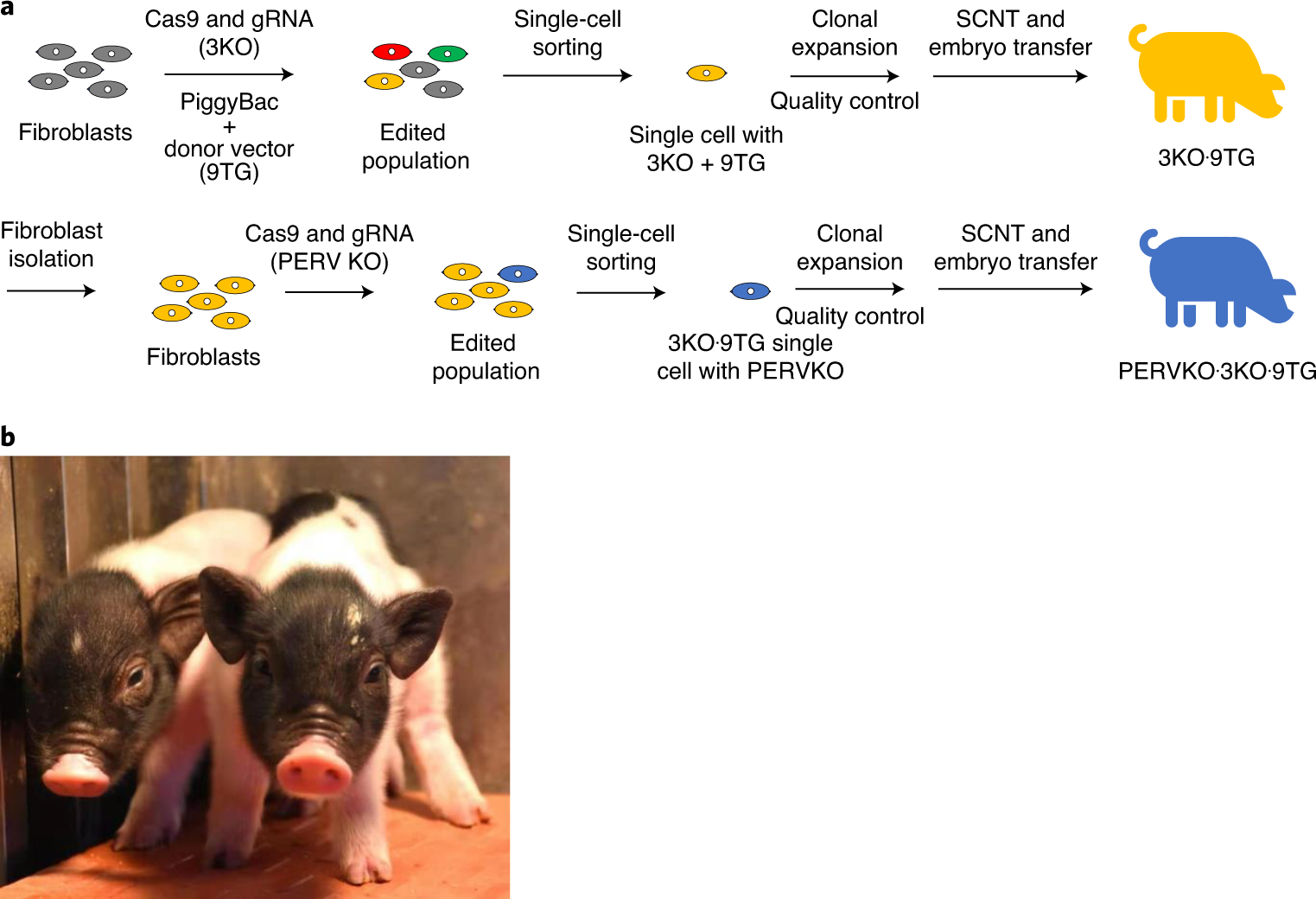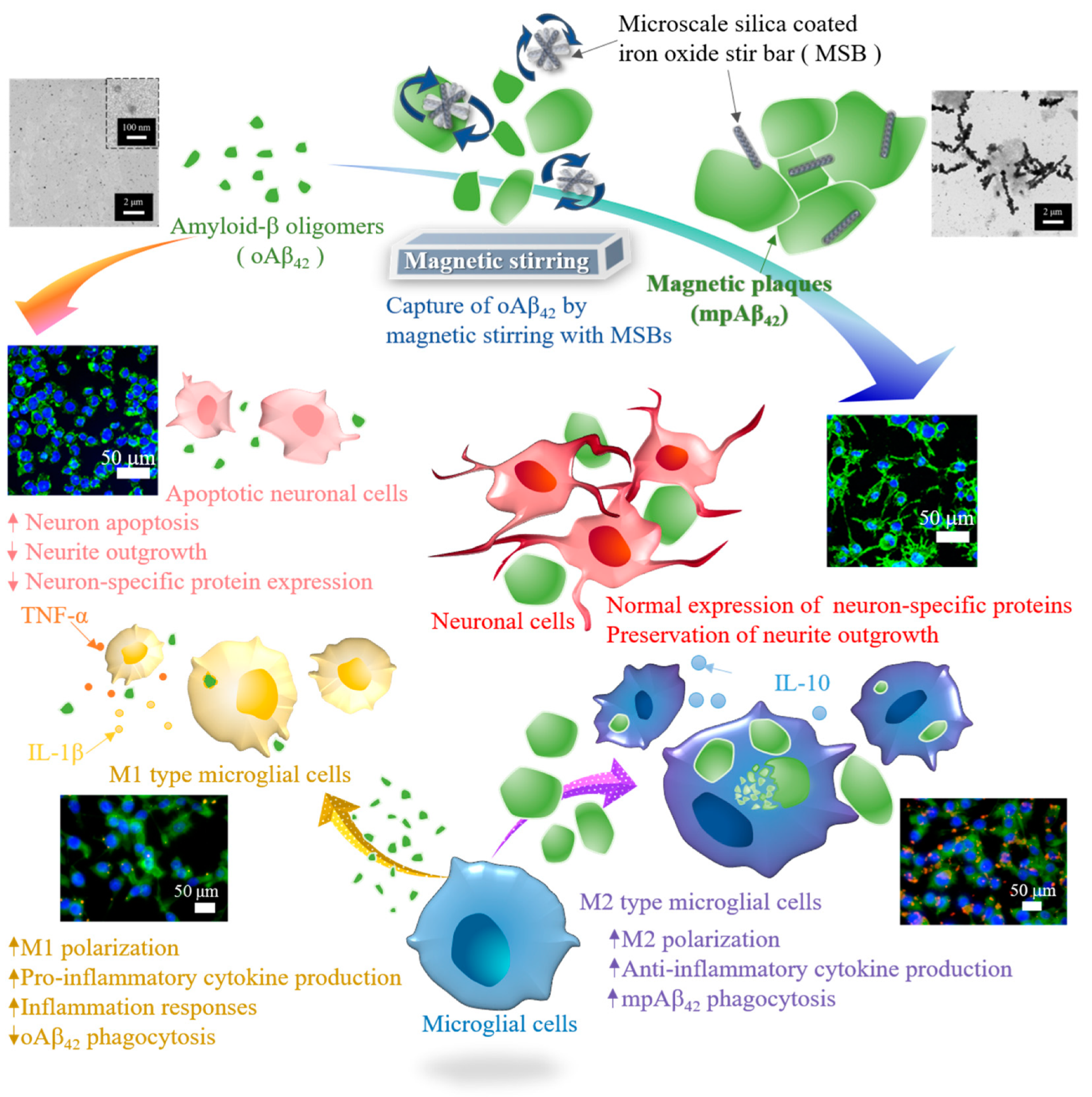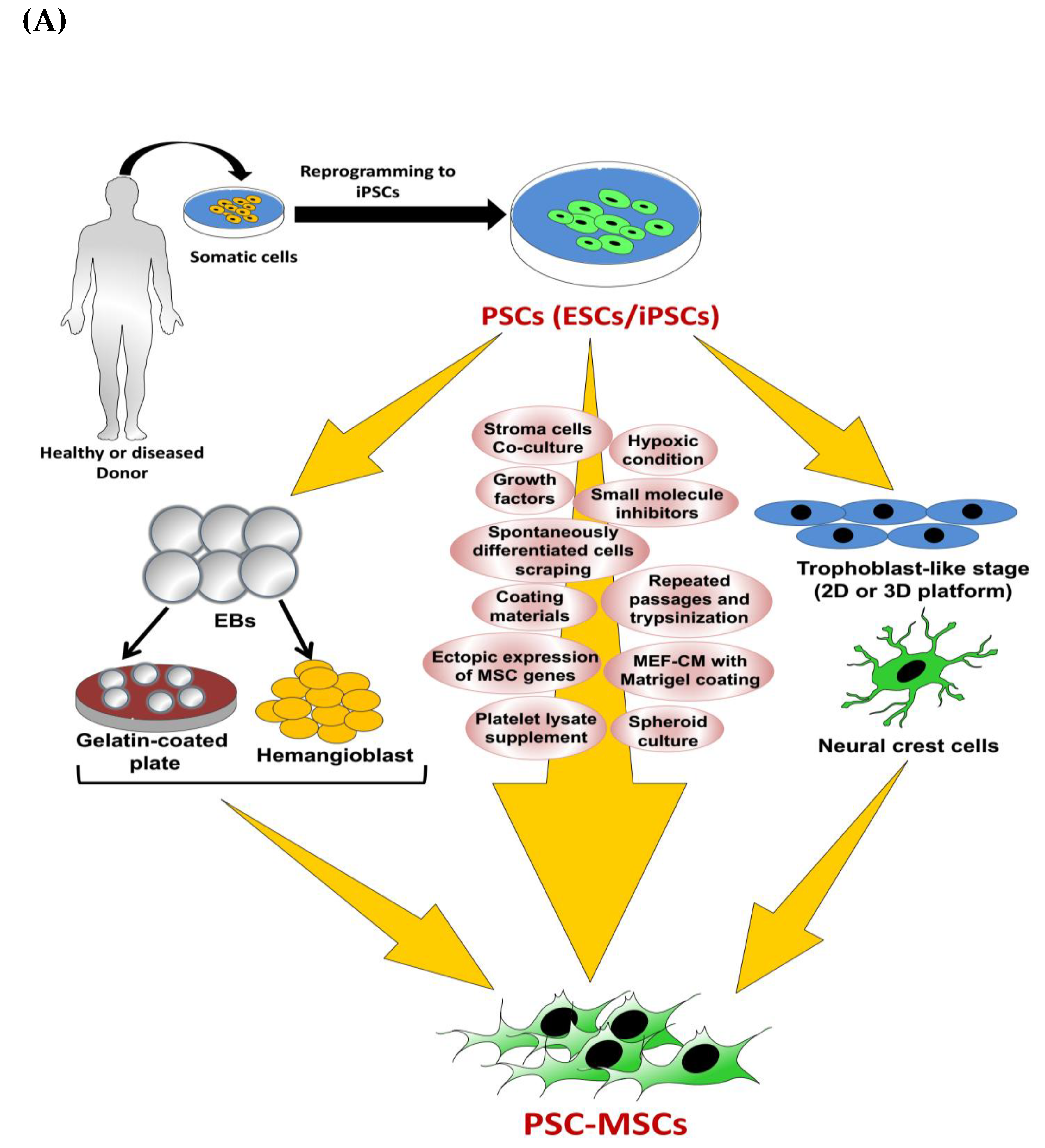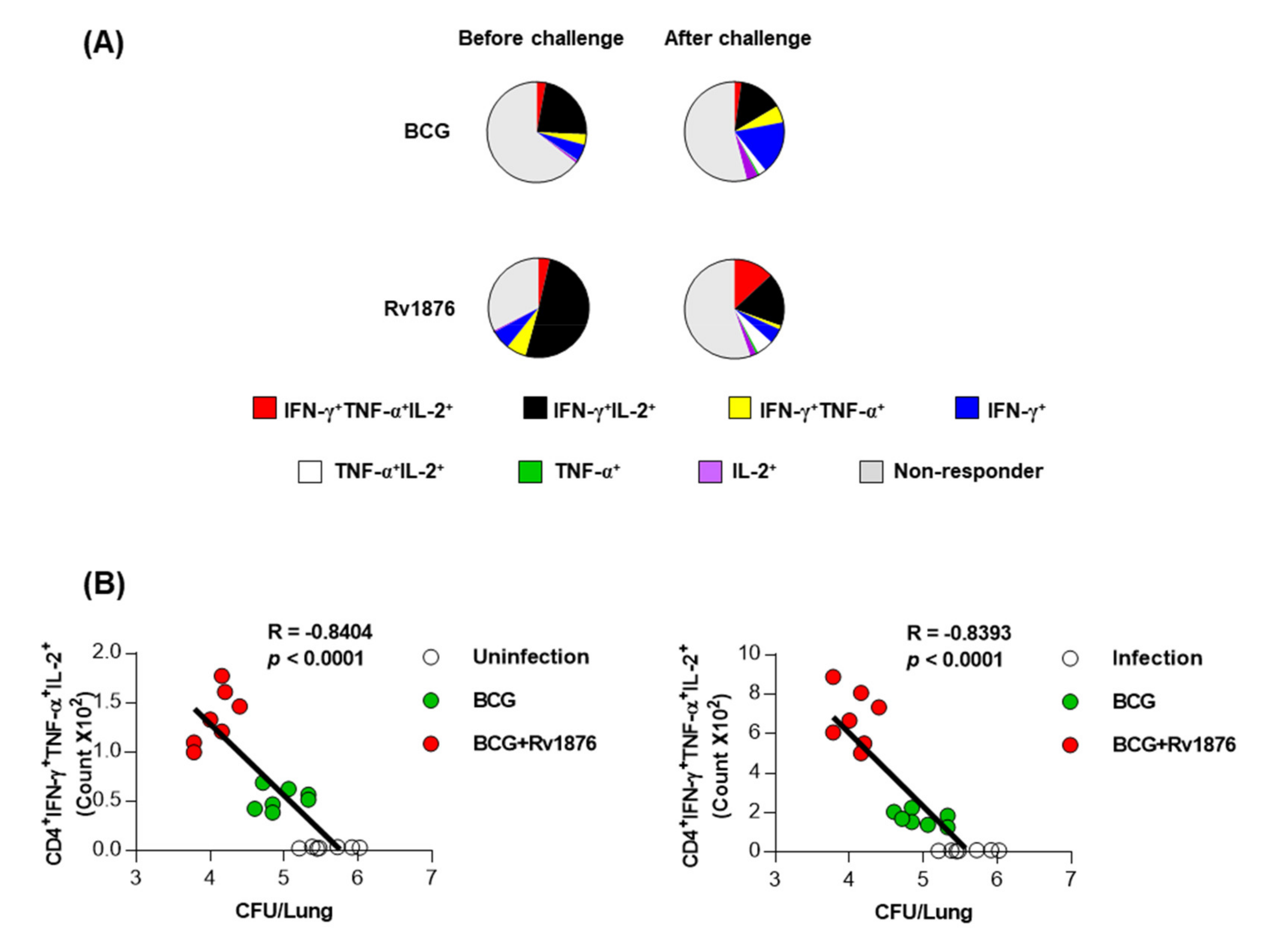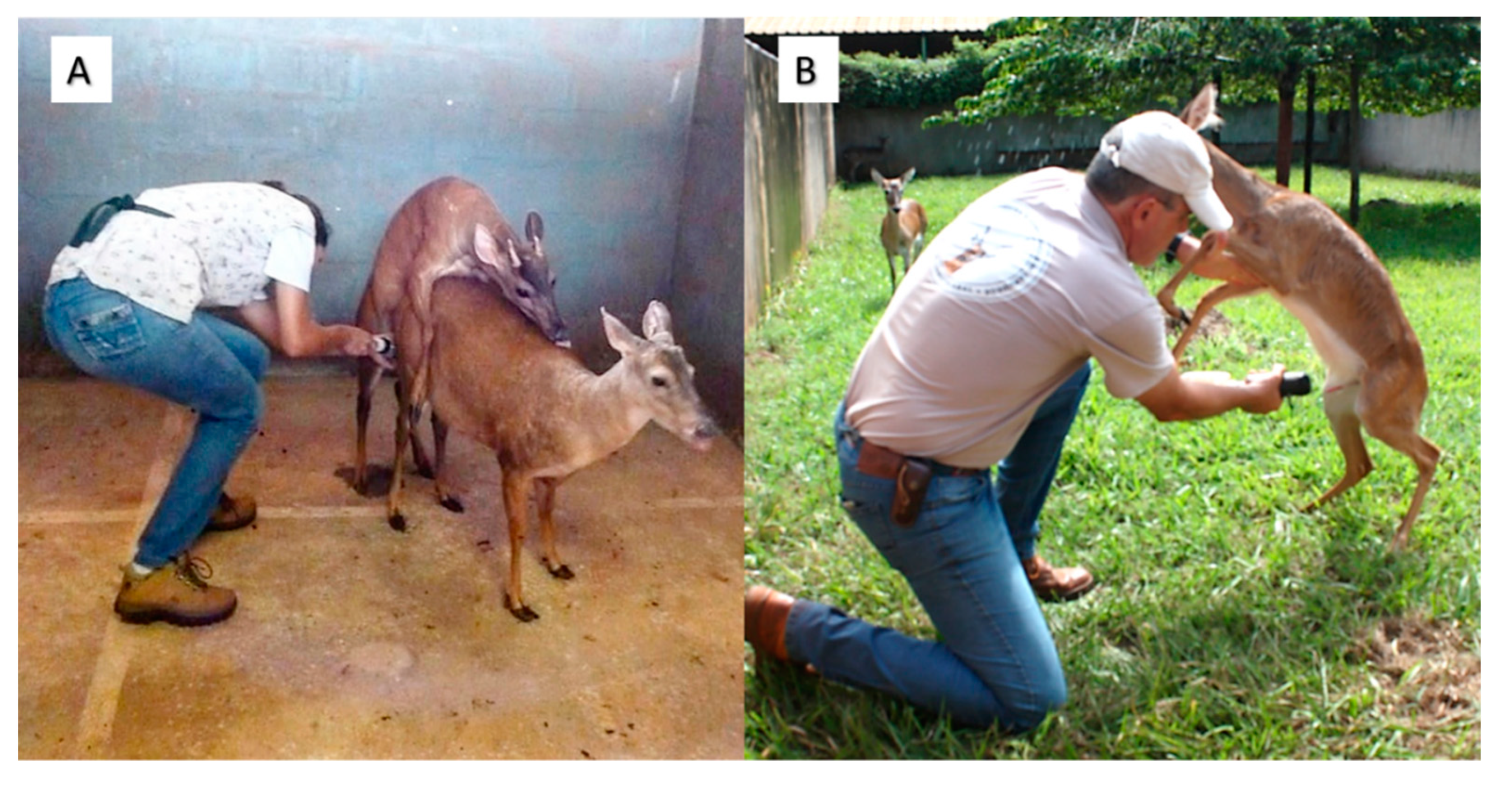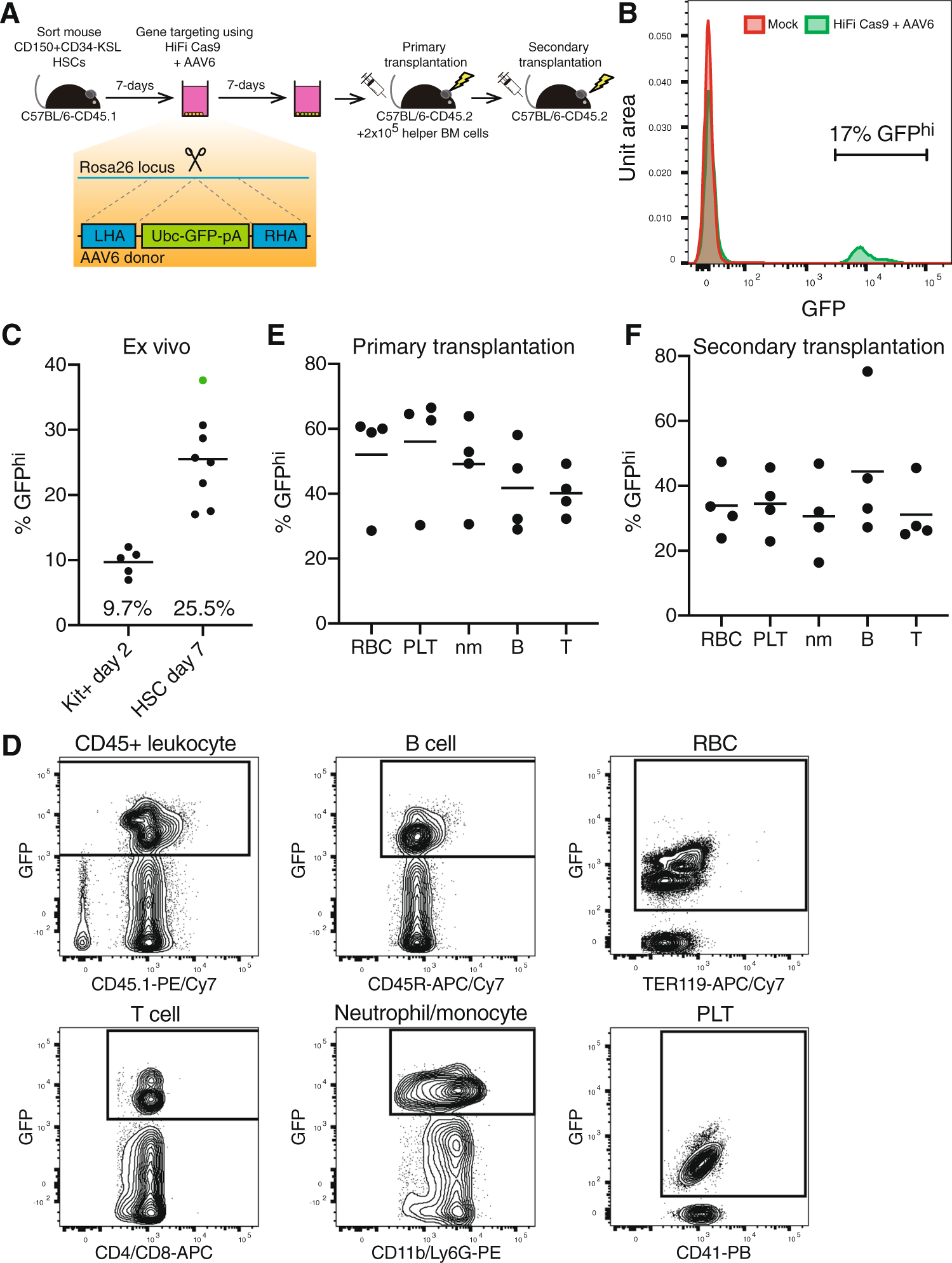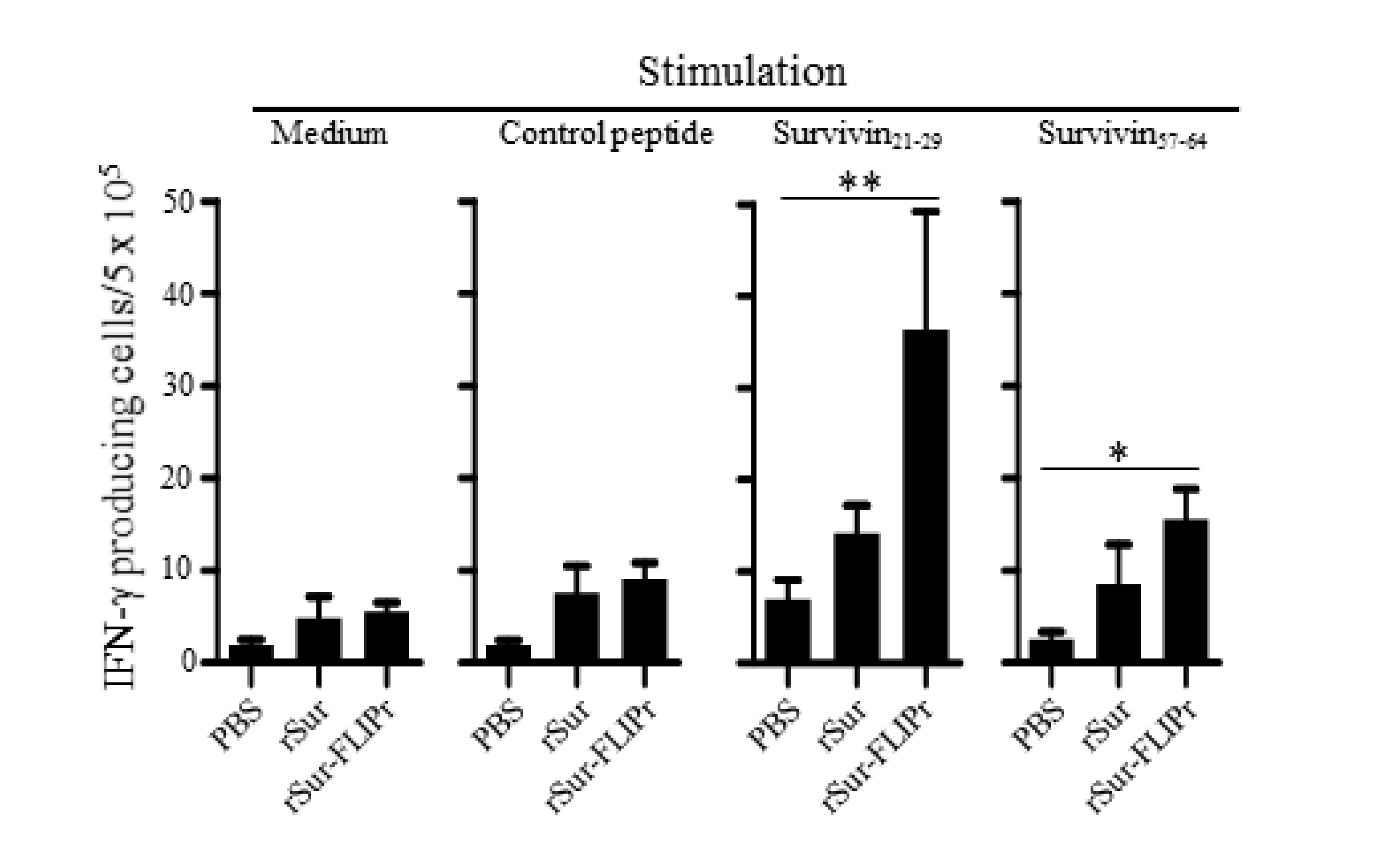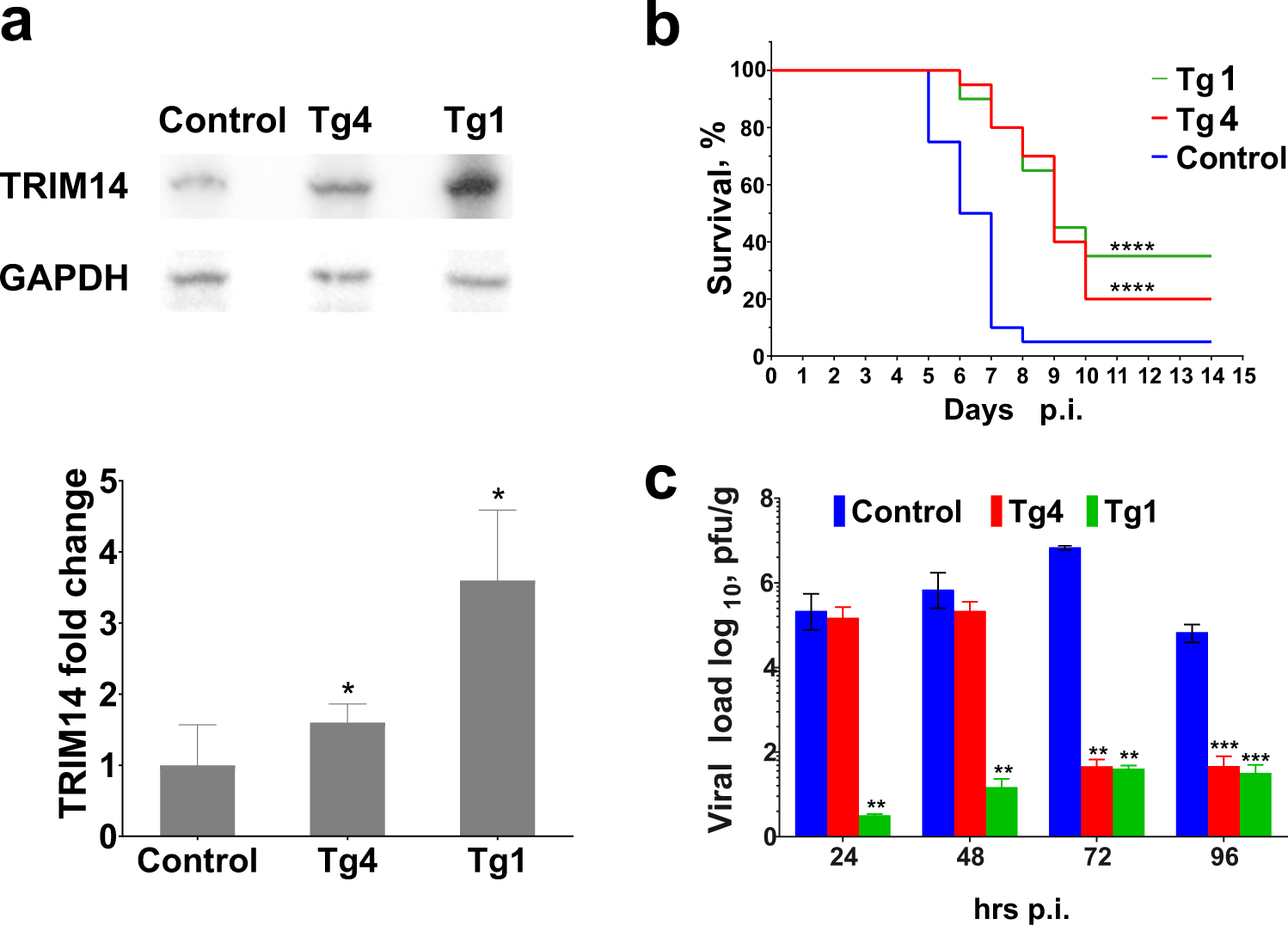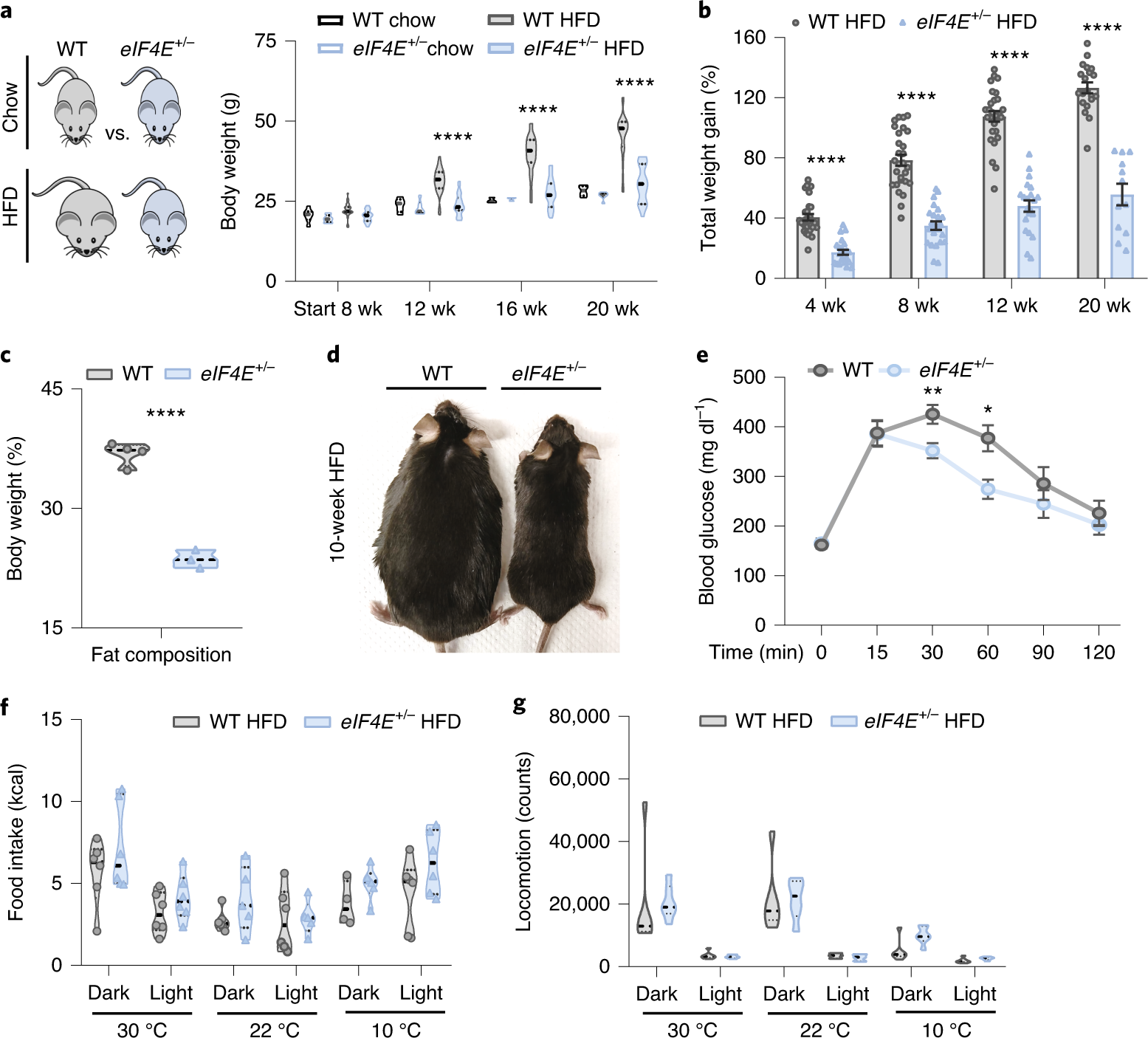Production Of Transgenic Animals Notes
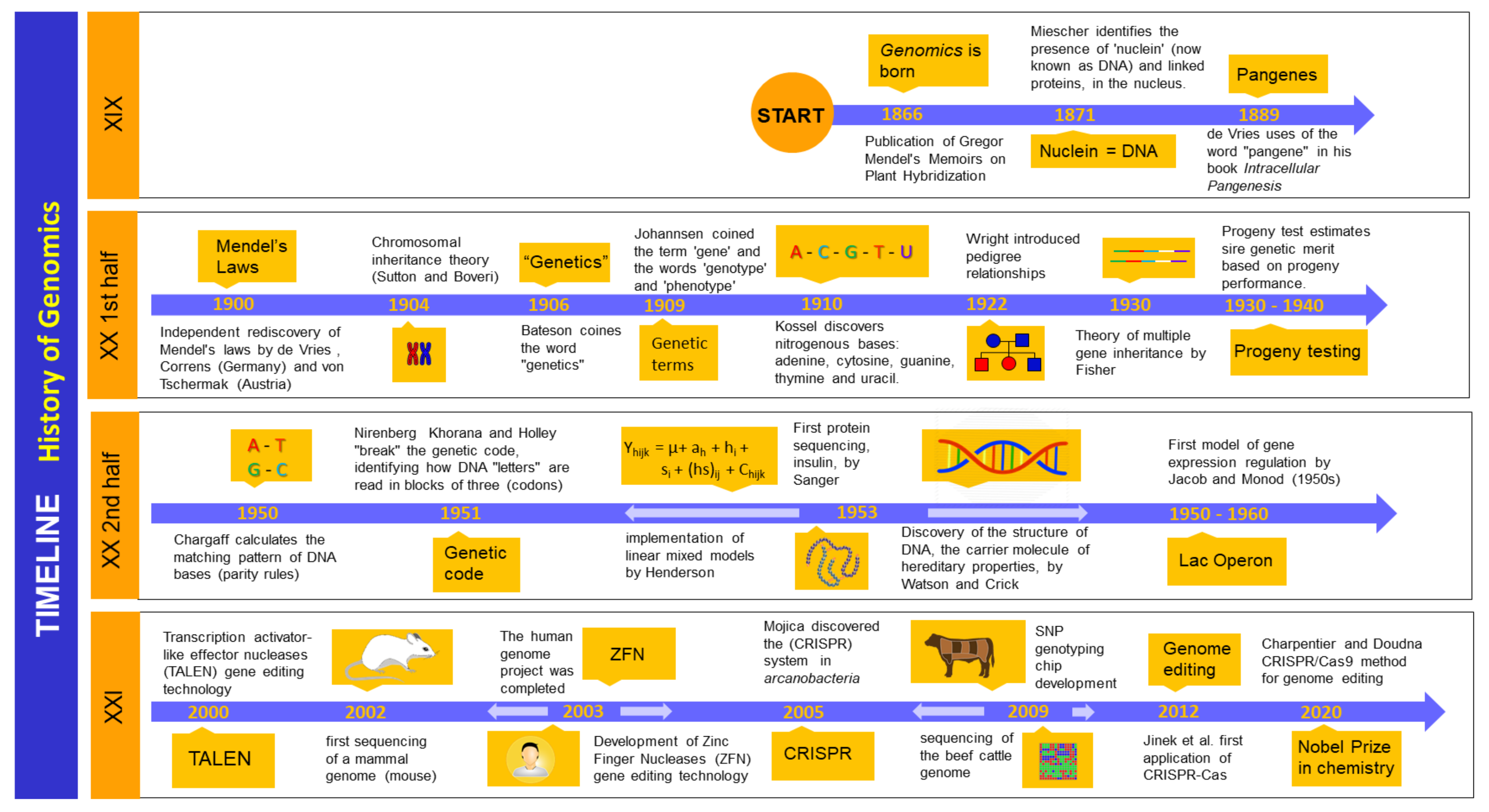
The first transgenic animal was produced in 1983 when genes for human growth hormone were introduced into mice.
Production of transgenic animals notes. Transgenic animals can be used to produce valuable products. Transgenic animals produced with the purpose of producing better and good quality breed increased in milk yield as well as to produce organs to meet the demand for organ transplantation. The first transgenic animal was produced is mice by injecting DNA to mouse embryos then implanting the embryos in female mice.
The three main ways of producing transgenic animals are pronuclear manipulation embryonic stem ES cell manipulation and. Transgenic animals are created-To study how genes are regulated and how they affect the normal functions of the body and its development. Transgenic mice are developed by injecting DNA into the oocytes or 1-2 celled embryos taken from female mice.
Advantages of Transgenic Animals. The medical and biotechnological uses of animal cloning are almost innumerable as many diseases have been eradicated thanks to the production of these transgenic animals. Microinjection blastocyst injection and using a retrovirus Nuclear transfers Artificial chromosomes for gene transfer PRODUCTION OF TRANSGENIC ANIMALS THE METHODOLOGY.
Animals that have had their DNA manipulated to possess and express a foreign gene are known as transgenic animals. Transgenic organisms are organisms that are injected with foreign DNA. The transgenic animals are created because of the benefits they provide to the man.
Biotechnology for Sustainable Agriculture 2018. Transgenic animals have the potential of agricultural applications like improved growth rate and carcass composition improved resistance to disease increased milk. There are many ways to produce transgenic animals.
The main principle in the production of transgenic animals is the introduction of a foreign gene or genes into an animal the inserted genes are called transgenes. Theses mechanism is absent in cell culture. Trans-genesis is important for improving the quality and quantity of milk meat eggs and wool production besides creating drug resistant animals.
